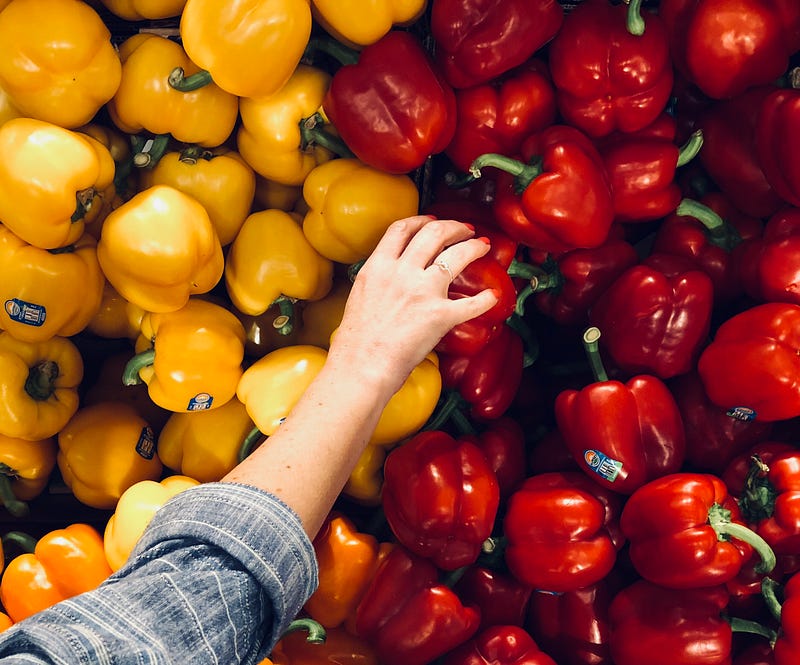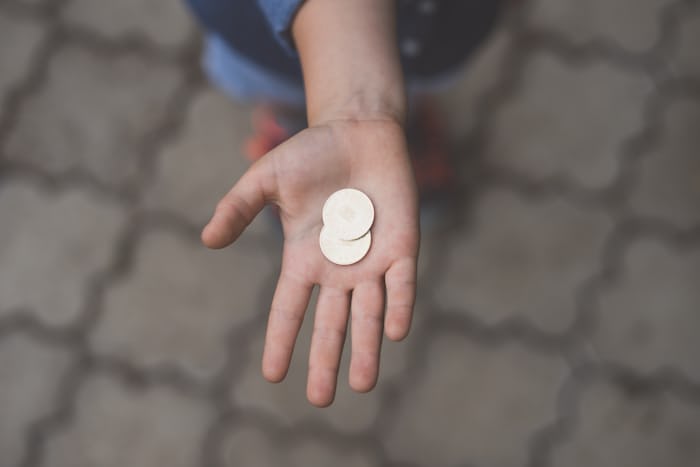Beyond boycotting brands and not letting our hands dirty
 |
Photo by Alyssa Strohmann on Unsplash
|
If you end up here, chances are you care about saving the planet. Both you and I put extra effort to adopt a minimalist lifestyle, have a meat-free diet, avoid plastic packaging, do composting, buy clothes only from conscious brands… the list goes on. I know none of us does it perfectly, but at least we’ve started.
Wow, we contribute less to the dirty practices of gluttonous businesses. How satisfying! Our body feels healthier thanks to pesticide-free food. Indigenous artisans, farmers, and local bakers also benefit from the money we spend. Local farms are restored. Starting from ourselves feels good because we vote with our money.
If “starting from ourselves” feels that good, imagine how glorious that will be when we get to the finish line. The “finish line” that no one seems to project and talk about. It’s because we’re busy starting to adopt the “new” religion with occasional drunk nights and non-vegan pizza.
So let’s define our goal as “finishing as a global community.” “Starting from ourselves” to “finish as a global community.” Now that sounds more correct and relevant to the SDGs—to not leave anyone behind.
The growing awareness of a sustainable lifestyle has spread around the world, especially in developed nations. It is no exception to Indonesia. Yet, unfortunately it is associated with upper-class lifestyle thanks to the costly sustainable products. There are indeed more affordable options, but the previous statement is the embedded perception that prevents many of us from committing to this lifestyle. Besides, the information and philosophy of sustainable lifestyle are more accessible to certain classes. I am talking about English speakers and those with unlimited Internet access.
I won’t lie; sustainable products are priced highly as opposed to conventional products to suppress unethical practices. These include extractive methods and environmentally harming practices. Labels and certifications like free-range, vegan, organic, fair-trade, non-GMO, anti-deforestation, palm-oil free have invaded our supermarkets. They offer us wide options that provide us with guilt-free consumption experience. Alternative options such as transparent labels do not rely heavily on certifications to attract customers. They use stories, reports, or campaigns to back up their transparency. Other customers might prefer buying local or second hand to reduce their carbon footprint.
This lifestyle is a justifiable indicator to measure the carbon footprint at the household level. They might be good enough for the businesses, especially the socially and environmentally responsible ones.
 |
Photo by sydney Rae on Unsplash
|
But how impactful is our holy lifestyle to the society and the environment?
Is the positive impact enough to compensate for the negative impact that the conventional businesses have created? How many people does it take to adopt this lifestyle to neutralise the carbon emission? How about the way conventional industries behave at a larger scale?
We may argue about the good intention among the larger corporates who already provide sustainability reports. That’s excellent progress. However, the perpetuating alleged green-washing practices are still prominent. How about emission and fair labour treatment in general? How many garment workers have we saved with all these consumer-centred campaigns? How many dye-polluted rivers have we cleaned?
When do we realise that switching our consumption preference just for the sake of keeping our hands clean hasn’t gotten us further? Look, in 2015, it was the world’s richest 10% that was responsible for half of the GHG emission. This makes purchasing niche and local is a (feel) good, yet slow move.
We need to remember that consumption is not merely business and consumer interaction. It is political. It is embedded in society and culture and backed by the policies to support the economic system. It is beyond the financial support you release from your PayPal account.
Like everyone else, I started learning about the anti-fast-fashion campaigns on social media. The Rana Plaza was the highlight of most campaigns. Low paid labours, the lack of work safety, sexual harassments are the reasons we shouldn’t get our hands on any fast fashion brands. However, I got confused; how come is it only the customers’ responsibility? Isn’t it the government to hold accountable for at the first place? They are the one who don’t enforce the law and order they made themselves.
If a miracle happens, let’s say everyone in the world stops buying fast fashion in the next six months, what will happen? Will the business owners suffer from it? Yes they will. But the elites will rise and build another business. The garment workers will be the one left doomed. The whole COVID-19 situation represents this case well.
As a content consumer who scrolls Instagram and Facebook groups occasionally, I barely heard anyone complaining about the government who let their labours be treated unfairly. They instead argue about not buying from this brand with some dispute and prejudice about leather alternatives.
I understand that governance and system in many countries, including ours, are weak. If consumers have power with their money, then citizens have power with their voice.
 |
Photo by Jordan Rowland on Unsplash
|






0 Komentar